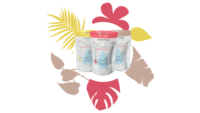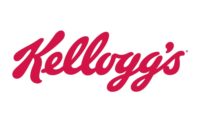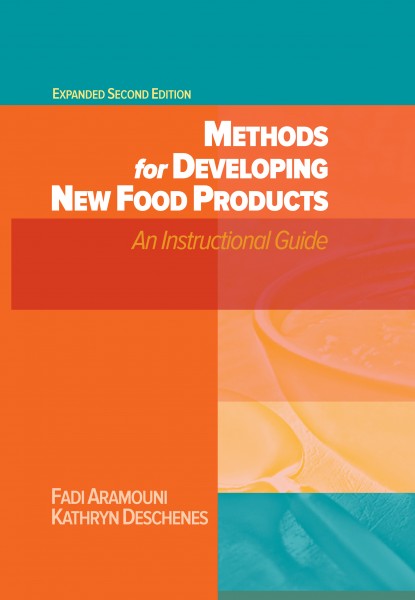Snack Food & Wholesale Bakery was recently able to talk to Robert Scalia, CEO, Flagstone Foods, about the company's sustainability mission and the marketing of sustainable products.
Liz Parker: What is Flagstone Foods doing to advance sustainability while advancing its mission of making “nutritious snacks accessible to all”?
Robert Scalia: As a major player in the private label snacks space, we are proud to offer high-quality, nutritious snacks at a significant value versus national brands. And we do this at scale, which means that our products really are accessible and affordable to the masses. In addition, we have sharpened our sustainability focus as a company. As a large-scale manufacturer, we view it not only as our responsibility, but also an opportunity to lead and make a significant positive impact on our industry.
To address sustainability topics holistically, we believe it’s essential for manufacturers to partner with suppliers on next-generation solutions as we’re part of one interconnected supply chain. One example of this is our “Healthy Bees, Happy Snackers” initiative, which is our commitment to source our almonds exclusively from bee-friendly farms by 2025. Honey bees are essential to the almond industry with over 80 percent of honey bee colonies making their way to California each year for almond bloom. However, an estimated 40 percent of colonies die off each year due to poor nutrition, pesticides, parasites, and pathogens. Adopting bee-friendly farming practices, which include dedicating acreage to forage and nesting sites for bees and reducing the use of pesticides, is essential for the long-term health of the industry.
We’re proud to be the first private label manufacturer to make this commitment and to partner with Pomona Farming and other growers, who have already made significant strides to increase the supply of bee-friendly almonds.
LP: What is the importance of sustainably sourced ingredients? And how are bee-friendly farming practices growing?
RS: Adopting sustainable farming and sourcing practices helps ensure the long-term health of our food supply. The importance of healthy honey bee populations to the almond industry is just one example. While California produces the vast majority of the world’s almonds on over 1.5 million acres of almond orchards, only a fraction of that acreage is currently verified as bee-friendly. By setting a goal of sourcing 100 percent of our almonds from bee-friendly farms, we are joining forces with other industry leaders to expand the adoption of bee-friendly farming practices in the industry.
A key part of encouraging bee-friendly farming practices is providing education and resources to growers, such as those offered through Project Apis m. and their Seeds for Bees program. Seeds for Bees provides almond growers with the seeds and skills they need to create habitat and forage for bees while also improving soil health. So it’s truly a win-win that keeps honey bee populations healthy and the almond industry thriving.
LP: Make the case for sustainability: How does it pay off to the bottom line and in the long run?
RS: We see a strong preference for products that provide sustainability benefits over ones that do not, and we see that consumers are willing to pay significantly more for these products than their conventional counterparts because of the added benefits that they provide. A recent study published by NYU’s Center for Sustainable Business and IRI showed that sustainably marketed products are growing 7x faster than conventional products and enjoy a sizeable and widening price premium across multiple product categories. In the salty snacks category for example, the price gap is around 18 percent. So the numbers really speak for themselves.
LP: Which demographic groups are driving the growth in sustainably-marketed products?
RS: There is mainstream concern for sustainability that spans economic, education, geographic and generational demographics. While millennials might be leading the way on sustainability, the greatest share of purchases actually comes from Gen Xers and Boomers—so appeal is truly widespread. The evolution that we’ve seen in the industry is that sustainability is now a critical part of the value equation, along with price and functionality. Consumers are voting with their wallet and showing strong affinity for products and brands that align with their values and support the social and environmental causes they care about.
At Flagstone Foods, we see sustainability as THE path forward, and we are embracing it in all aspects from our business—from sourcing to product assortment to packaging and manufacturing. It’s the right thing to do, but also good business as this is clearly where the consumer is headed.








